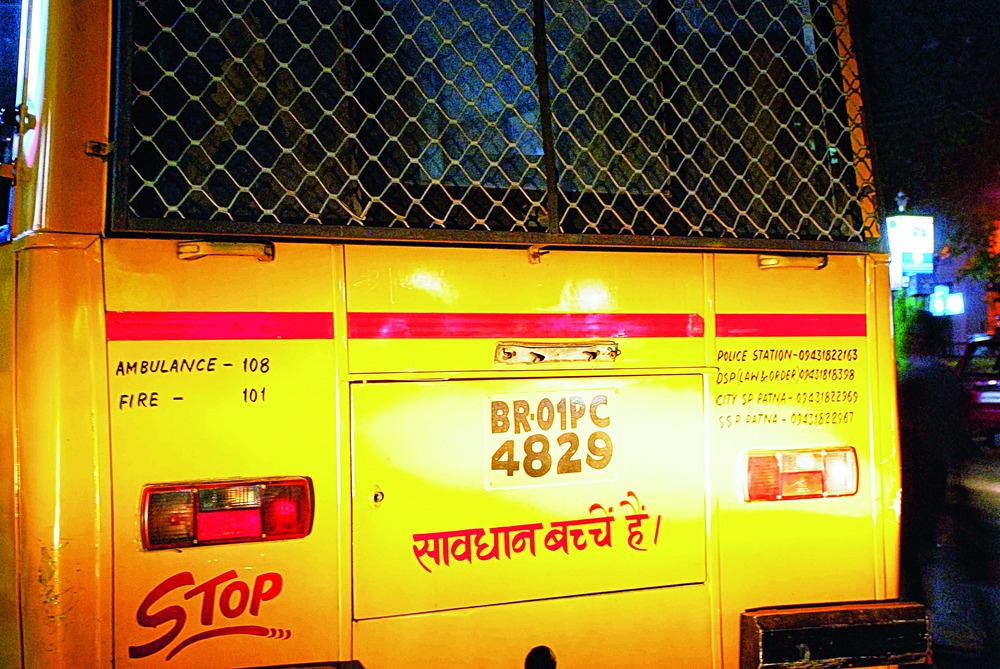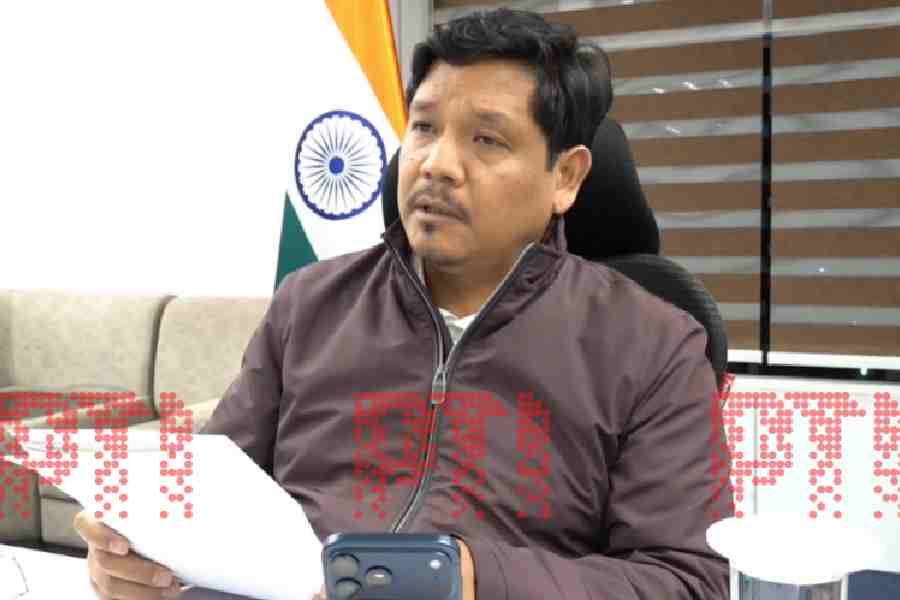
Reflective tapes on all vehicles and compulsory helmets for pillion riders on two-wheelers are two new diktats from the transport department to minimise road traffic accidents and loss of life.
Vehicles will now have to be pasted with reflective tapes that provide long-distance visibility and high-standard reflectivity especially at night. The transport department has recently issued a notification to make reflective tapes compulsory on all vehicles at the time of registration in Bihar in exercising the power vested to the states under the Central Motor Vehicles Rules, 1989.
District magistrates, superintendents of police, and SP (traffic) in all districts have been asked to enforce compulsory helmets for pillion riders on two-wheelers. Section 129 of the Central Motor Vehicles Act, 1988, deals with helmets for riders and pillion on two-wheelers and, the required standard for the helmets.
The directive with regard to compulsory helmets for pillion riders was issued by transport principal secretary Sujata Chaturvedi on September 7. The notification for reflective tapes on the other hand, was issued on August 24.
"Reflective tapes are mandatory for all vehicles by Rule No. 104 of the Central Motor Vehicles Act, 1989. The ministry of road transport and highways through a notification dated July 22, 2010, asked all state governments to ensure implementation of the rule. Accordingly, the Bihar government has issued a set of directives and specifications for reflective tapes on different categories of vehicles. Broadly, three-wheelers and four-wheelers will have two reflective tapes - one on each corner, and two-wheelers will have at least one reflective tape on the tail," said a senior official in the transport department.
According to the prescribed standards, vehicles should be pasted with white tape on the front fender, and red tape on the back. Besides, yellow tapes should be pasted on both sides of the vehicle. According to market sources, the average cost of the authorised reflective tape for a four-wheeler comes to around Rs 200.
Experts claimed that reflective tapes are extremely helpful in minimising the possibility of fatal accidents at night. "Traffic rules say the vehicle's tail lamp should be switched on, when it is parked on the roadside in the night or the parking sign should be kept on either side of the vehicle. However, such rules are seldom followed. The reflective tapes on the other hand, are visible even from more than 500m away. Quite often, fatal accidents happen because static vehicles are parked along the roadside without any reflectors. These tapes will be extremely helpful in avoiding such accidents," said Wing Commander (retd) Narendra Kumar, honorary secretary, Automobile Dealers' Association of Bihar.
With regard to compulsory helmets for pillion riders, transport department principal secretary Sujata Chaturvedi has asked officials to enforce it strictly and furnish a monthly progress report, which would be communicated to the road safety committee of the Supreme Court.
"The Supreme Court has formed a committee which reviews various issues related to road safety. The committee regularly reviews the work done by different state governments on road safety and violation of traffic norms, and informs the apex court about the corresponding status. The committee also reviews the implementation of norms envisaging compulsory helmets for pillion riders. Thus, in order to ensure adherence to the Central Motor Vehicles Act and Bihar Motor vehicle Rules, district magistrates and SPs have been asked to take steps for ensuring that pillion riders wear helmets," said a senior official in the transport department.










